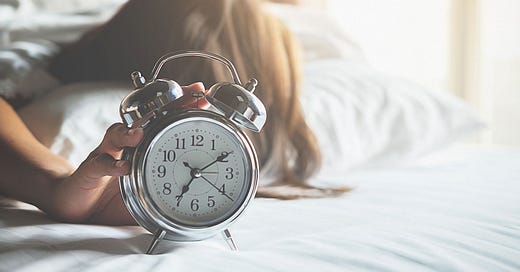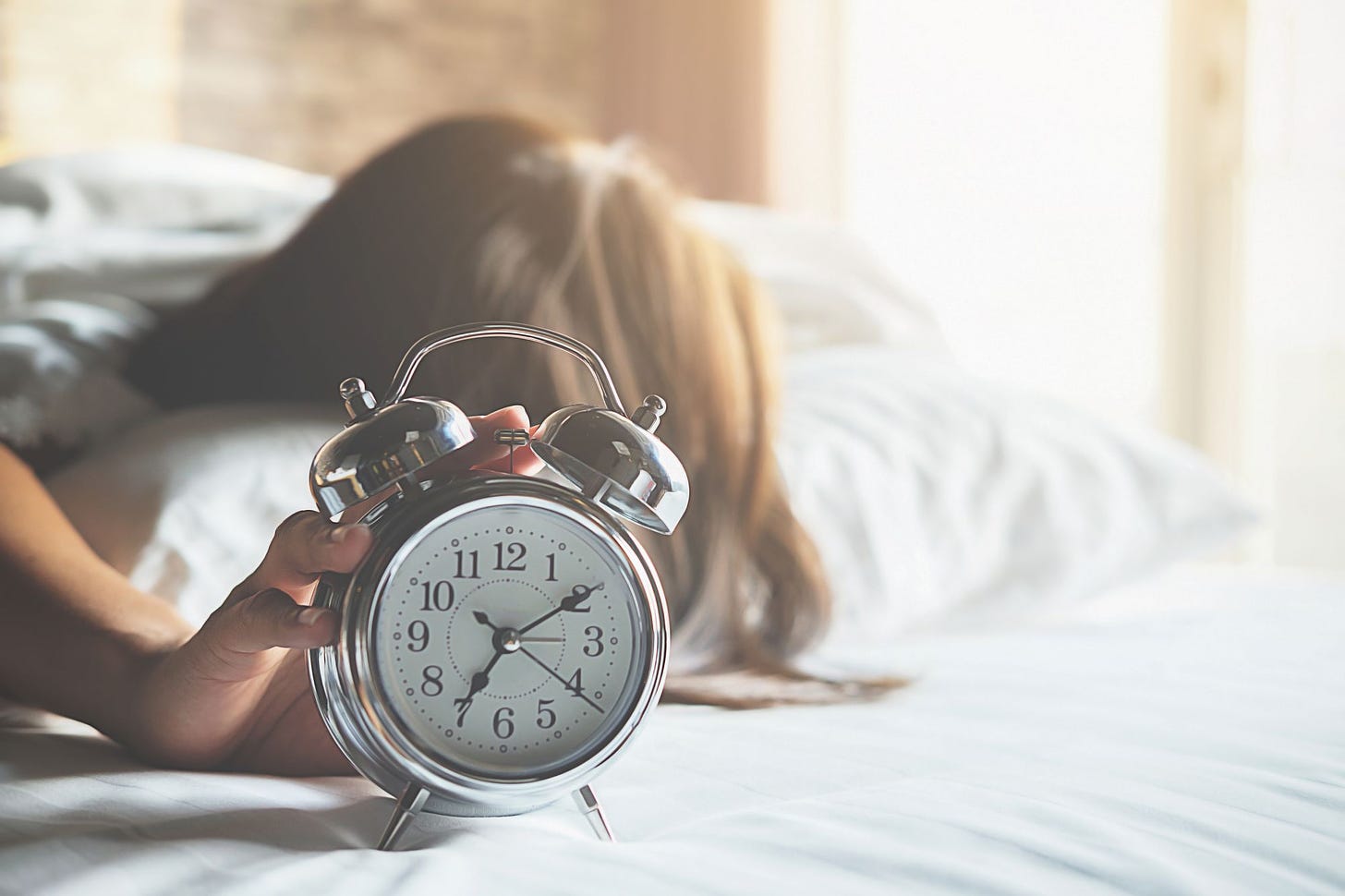The Ugly Truth About Sleep
Sleep has turned into a form of class privilege.
It’s also a weapon in class warfare.
I’m guessing you don’t need yet another life coach or wellness grifter selling you on the concept of sleep. You’ve probably spent a lot of time and money on it already. We participate in a $400 billion sleep economy. More than 70 percent of Americans bought a sleep aid over the last year.
We even have a sleep awareness month.
If you’ve read Tricia Hersey, then you know how capitalism has robbed us of the right to rest, and how sleep culture maintains racial and class hierarchies. So why are we still so tired all the time? Why do most of us feel like we could sleep for ten years? Why do we keep looking for advice from the privileged types who only want to sell us stuff instead of addressing the real problems?
It’s because the decider class wants it that way. The sleep industry has tricked us. Every guru, every podcast host, every goop lady has been lying the entire time. They’ve been telling us it’s o…





